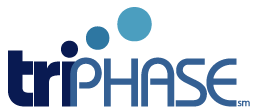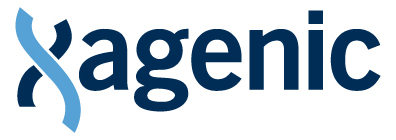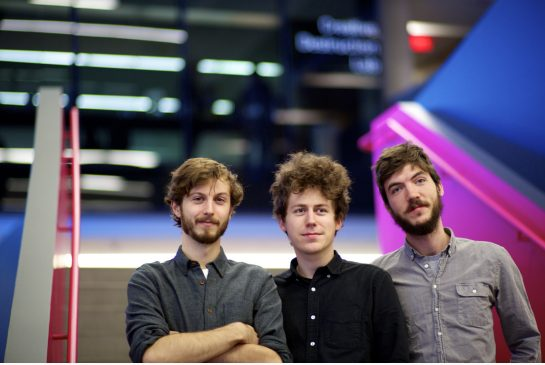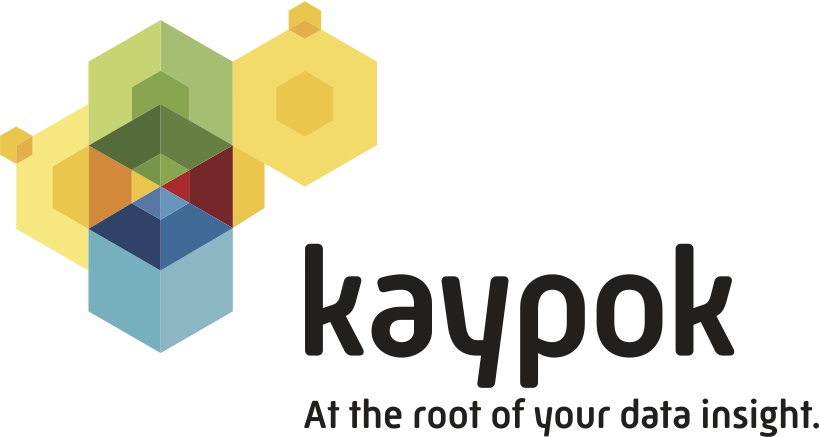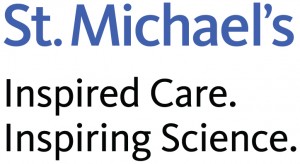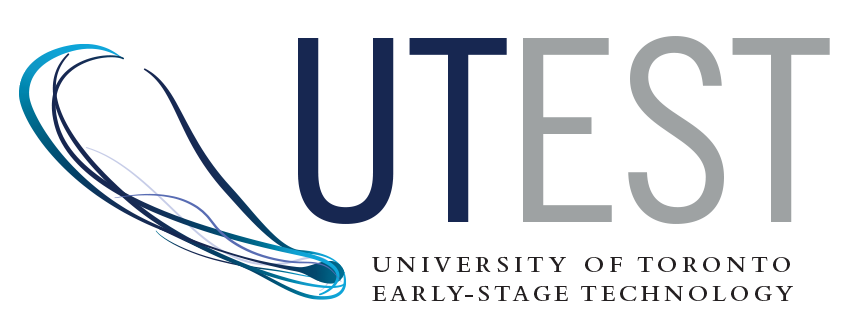Encycle Therapeutics developing lead molecule to tackle inflammatory bowel disease
Company’s collaborative partnership with IRICoR, Université de Montréal and MaRS Innovation, funded by Merck Canada, to advance macrocycle drug

TORONTO and MONTREAL, Nov. 10, 2014 — Encycle Therapeutics Inc., a biotechnology start-up founded by Dr. Andrei Yudin of the University of Toronto in partnership with MaRS Innovation, is developing its lead orally-bioavailable macrocycle drug to target integrin a4b7, which is involved in the inflammatory process in a number of diseases, most notably for inflammatory bowel disease.
This announcement was covered in SciBX, Drug Discovery & Development, PBR, Yonge Street Media, Biotechnology Focus, and Bioworld Today (no public link available).
Read this release in French.
To support and advance this molecule, Encycle Therapeutics is collaboratively partnering with the Institute for Research in Immunology and Cancer — Commercialization of Research (IRICoR), the Université de Montréal (UdeM) and MaRS Innovation. The partnership builds on the Merck Canada Inc. $4 million public-private funding partnership, announced at BIO in April 2013, to develop collaborative research projects with three Canadian academic commercialization centres, including MaRS Innovation and IRICoR.
“We are pleased to help support this important research collaboration that is made possible through the Quebec-Ontario corridor project in an emerging technology area. IRICoR, MaRS Innovation and Encycle have clearly leveraged their respective strengths to accelerate the discovery of novel therapeutics. As a research-focused company committed to early stage private-public partnering, we believe that such interactions will continue to fuel innovation in the life science sector in Canada,” said Mr. Chirfi Guindo, president and managing director, Merck Canada Inc.
The agreement brings a significant investment to fund Encycle Therapeutics’ development work, giving IRICoR an equity position and expanding MaRS Innovation’s equity stake. Cumulatively, Encycle Therapeutics has secured more than $2.5 million to advance its drug development platform.

